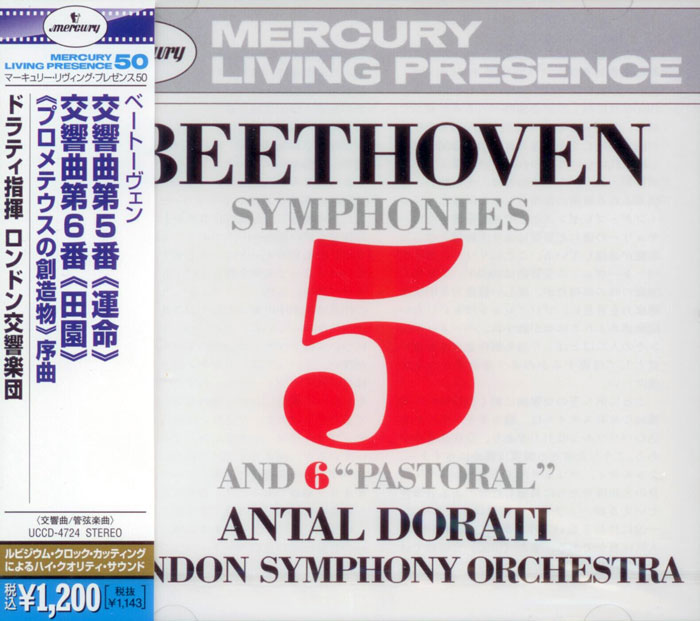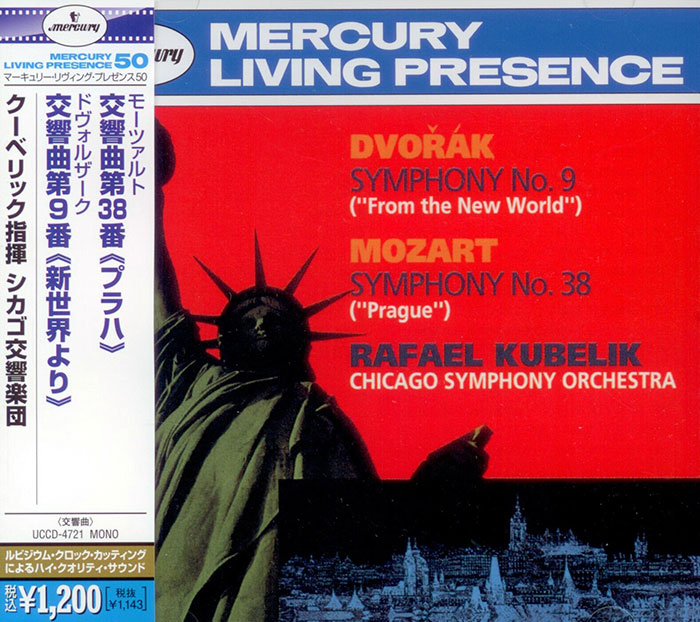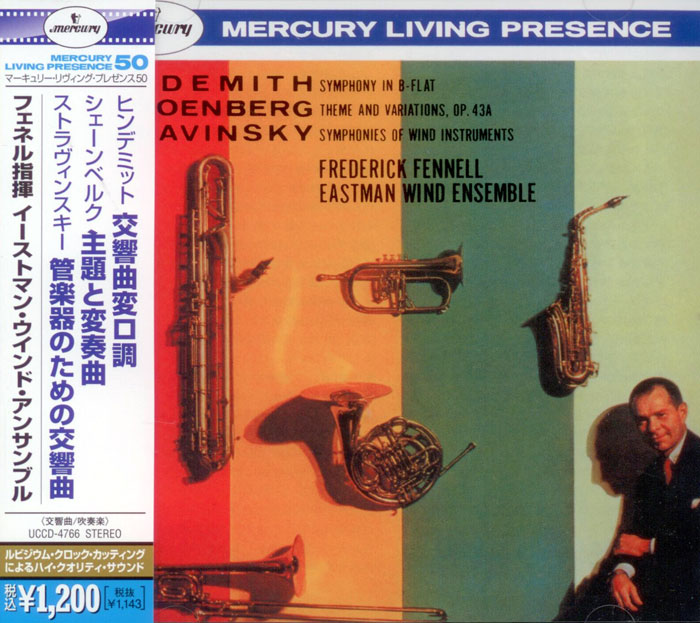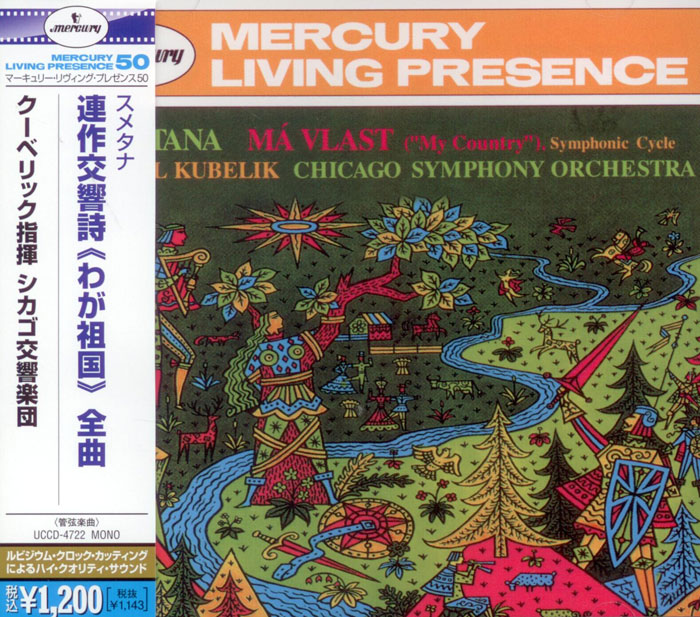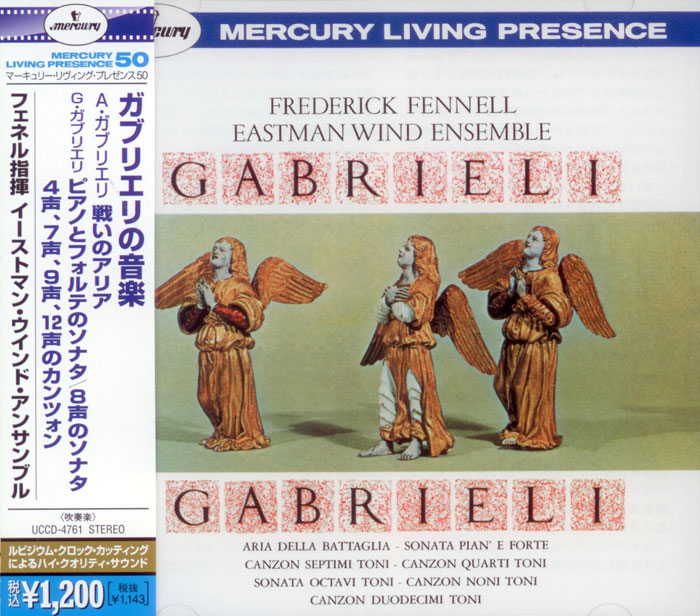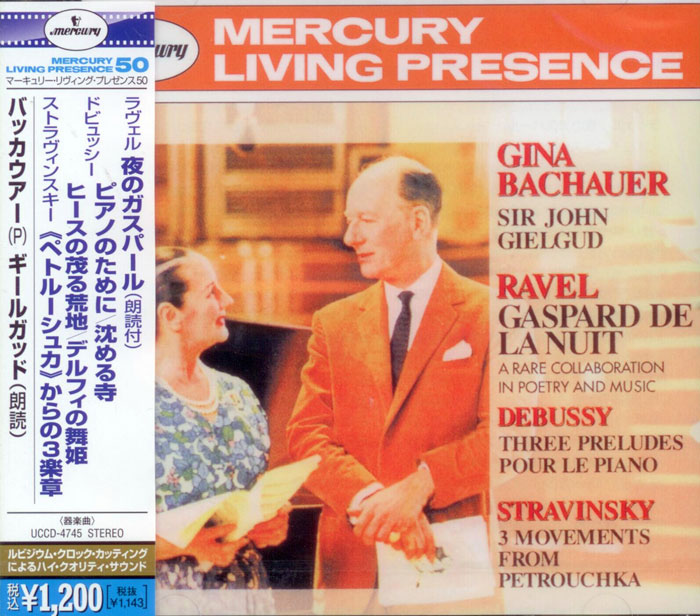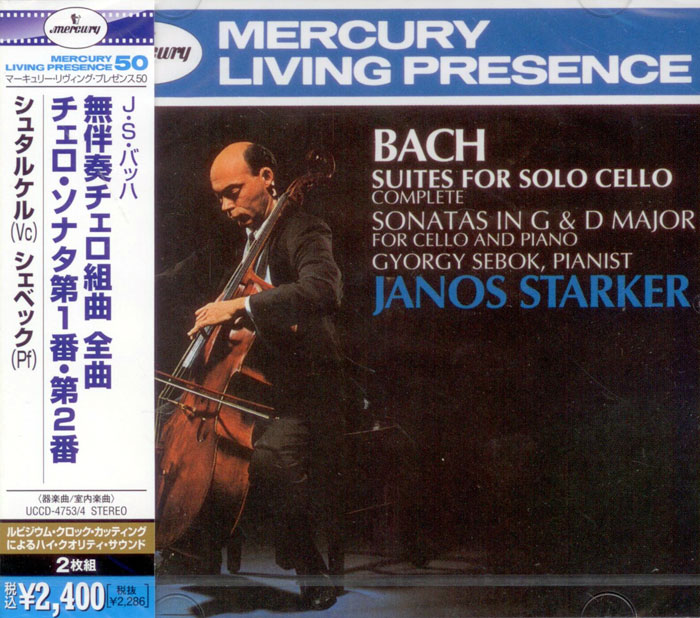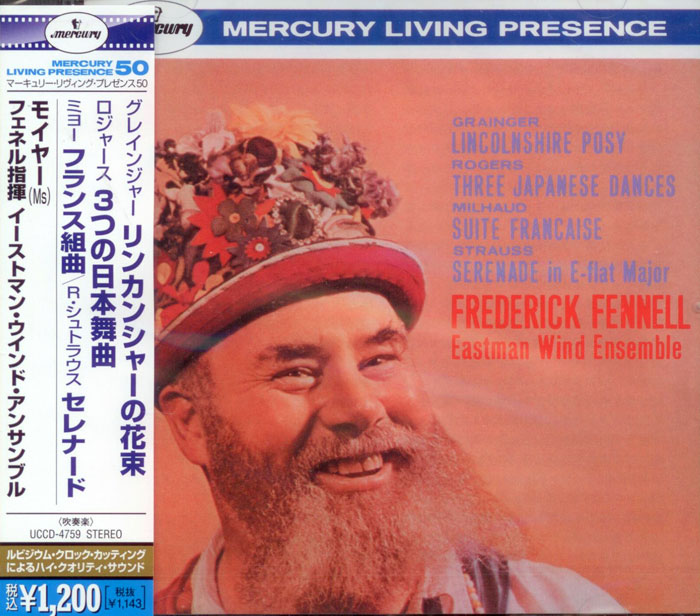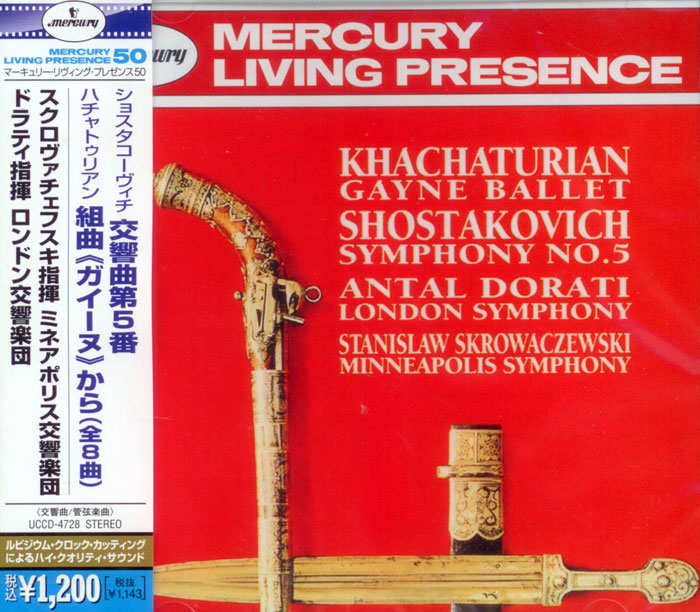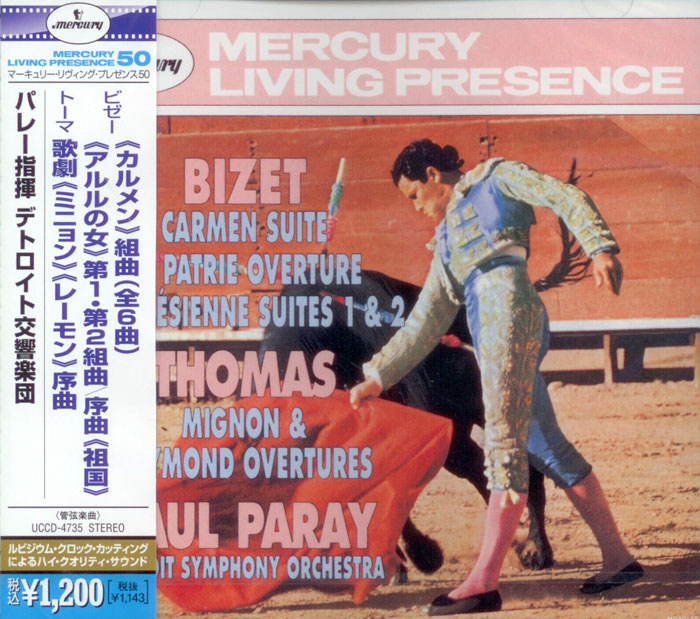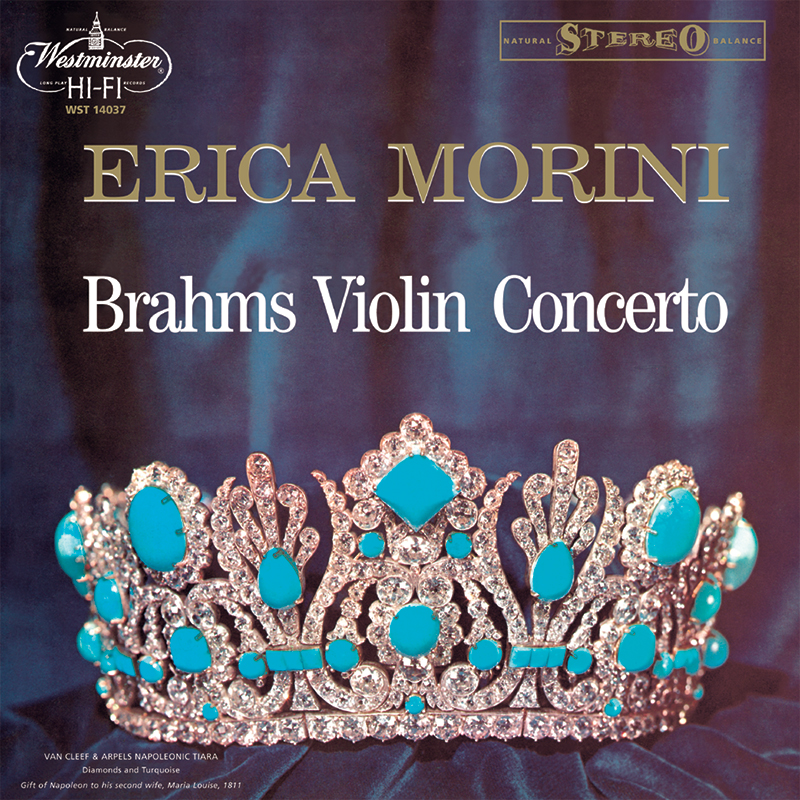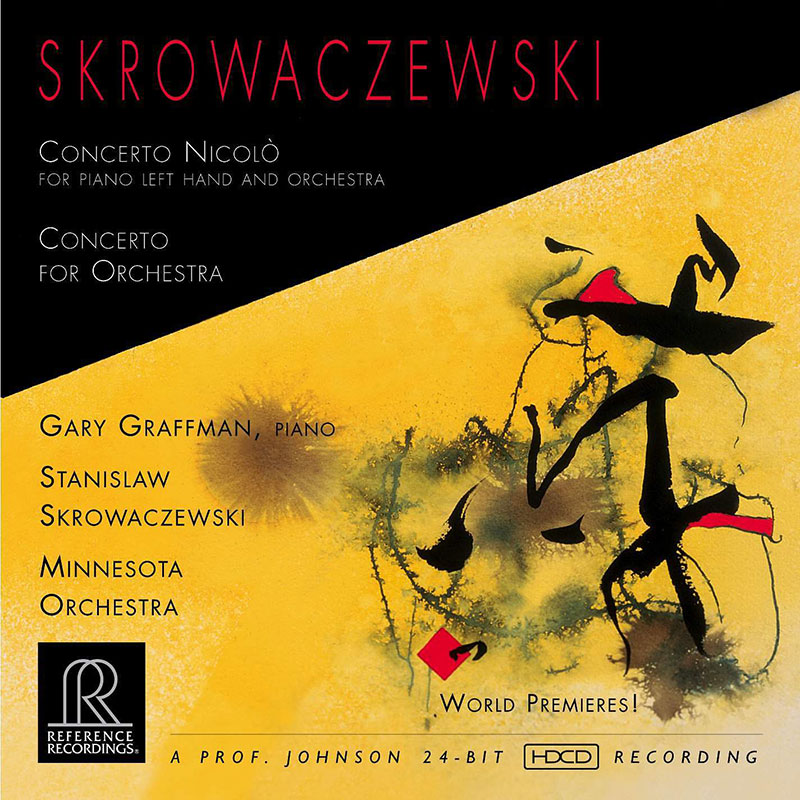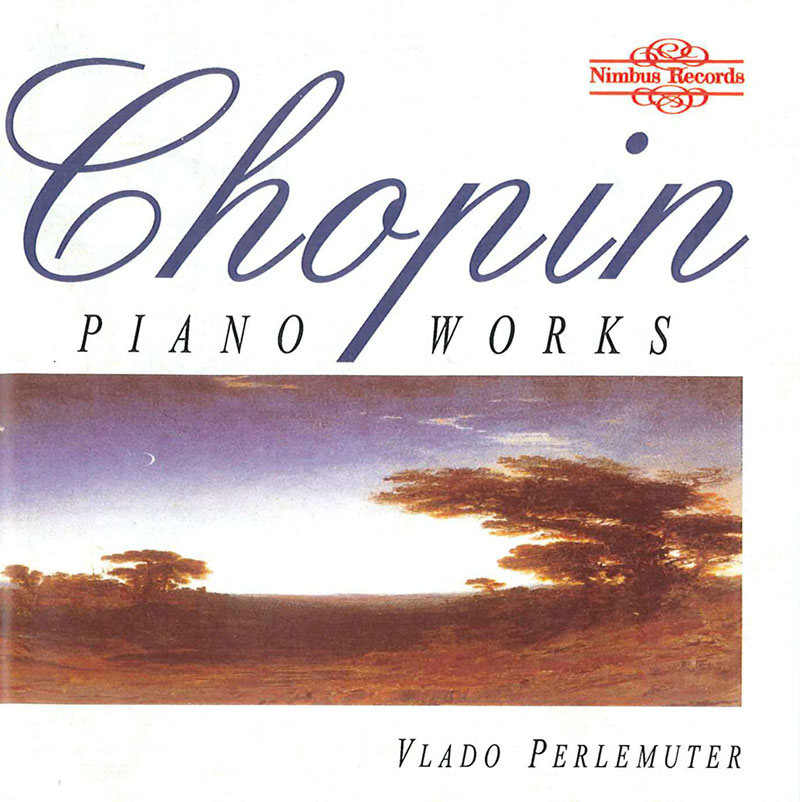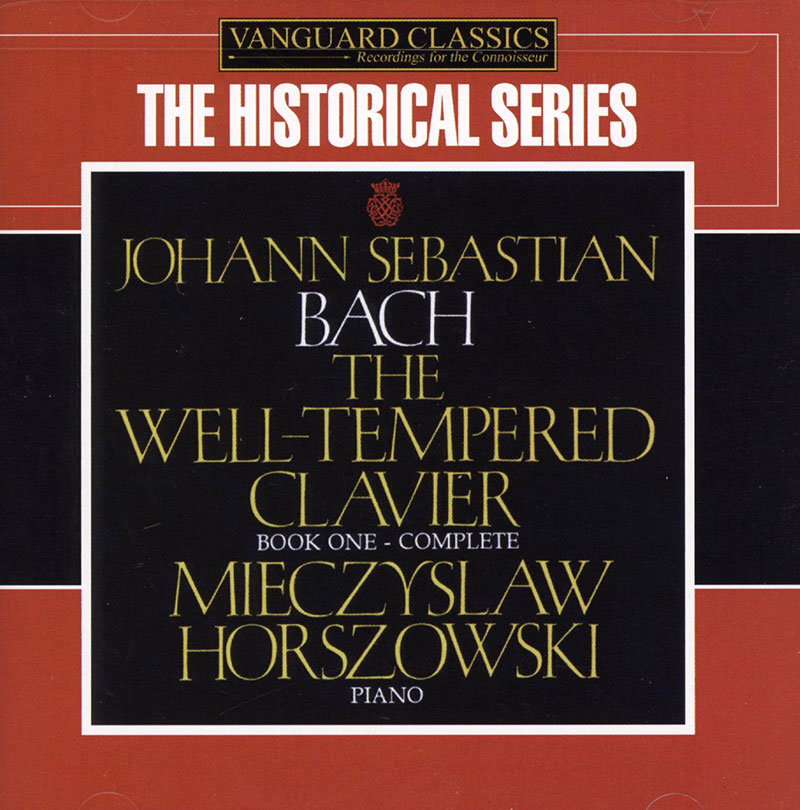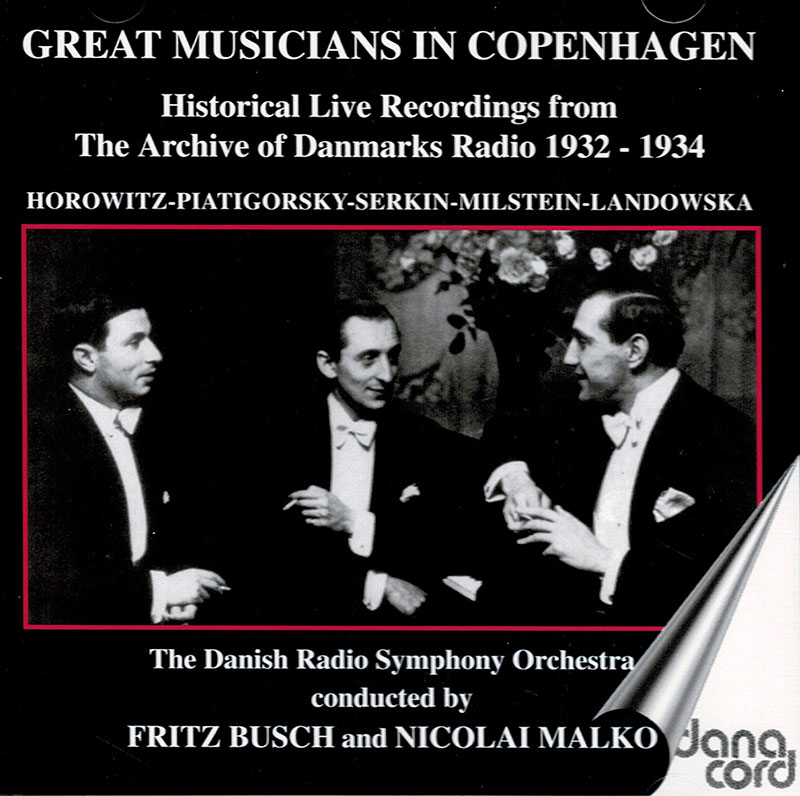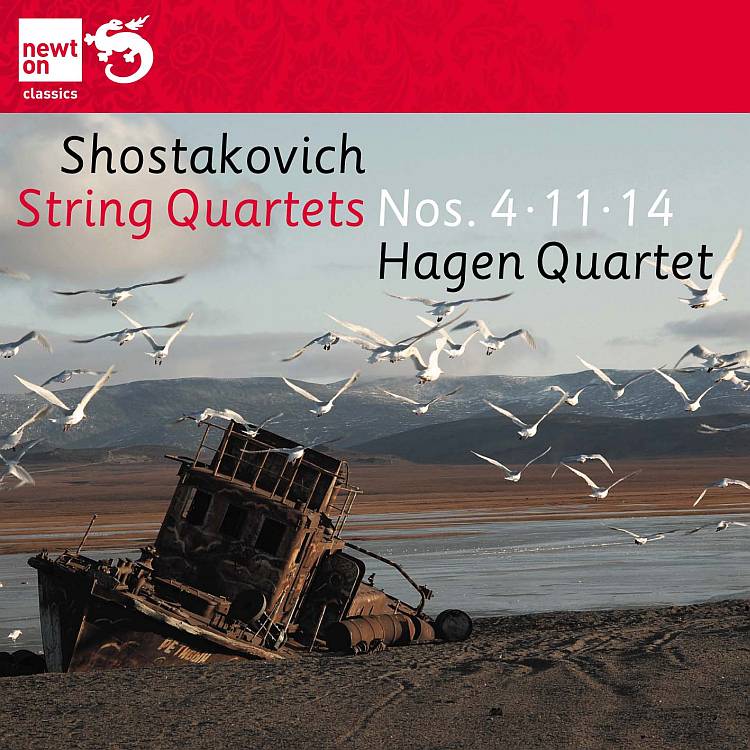Logowanie
Dlaczego wszystkjie inne nie brzmią tak jak te?
Chai Lang, Fan Tao, Broadcasting Chinese Orchestra
Illusive Butterfly
Butterly - motyl - to sekret i tajemnica muzyki chińskiej.
Brzmią jak sen na jawie
KHACHATURIAN, SHOSTAKOVICH, Antal Dorati, Stanislaw Skrowaczewski, The London Symphony Orchestra
Gayne / Symphony No. 5 in D minor, Op. 47
Stanisław Skrowaczewski,
Winylowy niezbędnik
ClearAudio
Cartridge Alignment Gauge - uniwersalny przyrząd do ustawiania geometrii wkładki i ramienia
Jedyny na rynku, tak wszechstronny i właściwy do każdego typu gramofonu!
ClearAudio
Harmo-nicer - nie tylko mata gramofonowa
Najlepsze rozwiązania leżą tuż obok
IDEALNA MATA ANTYPOŚLIZGOWA I ANTYWIBRACYJNA.
Osobowości
SKROWACZEWSKI, Stanislaw Skrowaczewski, Minnesota Orchestra
Concerto Nicolo for piano left hand and orchestra
WORLD PREMIERE!
SHOSTAKOVICH, Hagen Quartett
String Quartets Nos. 4, 11 & 14
- Shostakovich, Dmitry
- String Quartet No. 4 in D major, Op. 83
- 1. I. Allegretto - 03:46
- 2. II. Andantino - 06:27
- 3. III. Allegretto - 05:14
- 4. IV. Allegretto - 11:07
- String Quartet No. 11 in F minor, Op. 122
- 5. I. Introduction: Andantino - 02:19
- 6. II. Scherzo: Allegretto - 02:47
- 7. III. Recitative: Adagio - 01:10
- 8. IV. Etude: Allegro - 01:18
- 9. V. Humoresque: Allegro - 01:05
- 10. VI. Elegie: Adagio - 04:27
- 11. VII. Finale: Moderato - 04:07
- String Quartet No. 14 in F sharp major, Op. 142
- 12. I. Allegretto - 08:51
- 13. II. Adagio - 09:24
- 14. III. Allegretto - Poco meno mosso - A tempo - Adagio - 08:46
- Łączny czas: 01:10:48
- Hagen Quartett - group
- SHOSTAKOVICH
Shostakovich’s 15 string quartets provide a very personal response to the events that were taking place in the Soviet Union during his lifetime, and are among his most popular works. The three quartets heard here are not linked, but they are similar in some respects, all beginning with an understated intimacy, their simple ideas becoming tense and turbulent, eventually reaching some kind of uneasy calm. The haunting Quartet No. 4 was composed in 1949, when Soviet Jewish culture was under real threat. Shostakovich’s blatant use of Jewish motifs in the bittersweet fourth movement would not have pleased the Soviet authorities at the time so it was not performed until 1953, after Stalin’s death. The string quartets 11 to 14 are all dedicated to members of the Beethoven String Quartet, who gave the first performances of nearly all the quartets. The cryptic but elegiac Quartet No.11, composed in 1966, marks the start of Shostavich’s late period. Quartet No.14 was written two years before Shostakovich’s death in 1975, its close a lingering farewell. The Hagen Quartet, celebrating its 30th anniversary this year, is one of the most highly respected string quartets in the world. They are noted for the precision of their ensemble playing and the colour and nuance they bring to performance, all of which help them to unearth deeper emotions beneath the surface. This recording was made in 1993. “The Hagen Quartet is as impeccable an ensemble as any now before the public … these belong among the most beautifully played and thoughtful readings of these Quartets” (The Penguin Guide) This disc affords a wide embrace of the quartet style that Shostakovich made so distinctive a part of his identity. Though the fourth of the 15 dates from 1949, No 11 from 1966, and No 14 from 1973, all three are that Shostakovichian compound of elating formal dynamism and a melancholia that can verge on the disabling. The qualities come into direct collision in No 4’s klezmer-tinged finale, and the Hagens are right to emphasise rather than underplay the fact. They make a compelling case for the unusual seven-part continuous structure of No 11, and their reading of No 14, with its heartbroken (yet Tristan-ish) adagio, is deeply touching. (PD - The Independent, April 2011) “… in the fifth-movement Humoresque of the Eleventh the limelighted second violin – Rainer Schmidt, the quartet’s febrile and ever-impressive outside influence – brings so much forceful tone to the swelling of his two repeated notes that it sounds for all the world as if two violins are playing in unison, not just the one … the joint approach to chants and combats, not to mention Lukas’s extraordinary handling of the glissandos in the second movement, bring an urgently vocal quality to the work. The Hagen’s Shostakovich will no doubt acquire even greater authority over the years, but it’s hard from this standpoint to see how.” (Gramophone, September 1995) “They make a compelling case for the unusual seven-part continuous structure of No 11, and their reading of No 14, with its heartbroken (yet Tristan-ish) adagio, is deeply touching.” (The Sunday Times, 17th April 2011)






